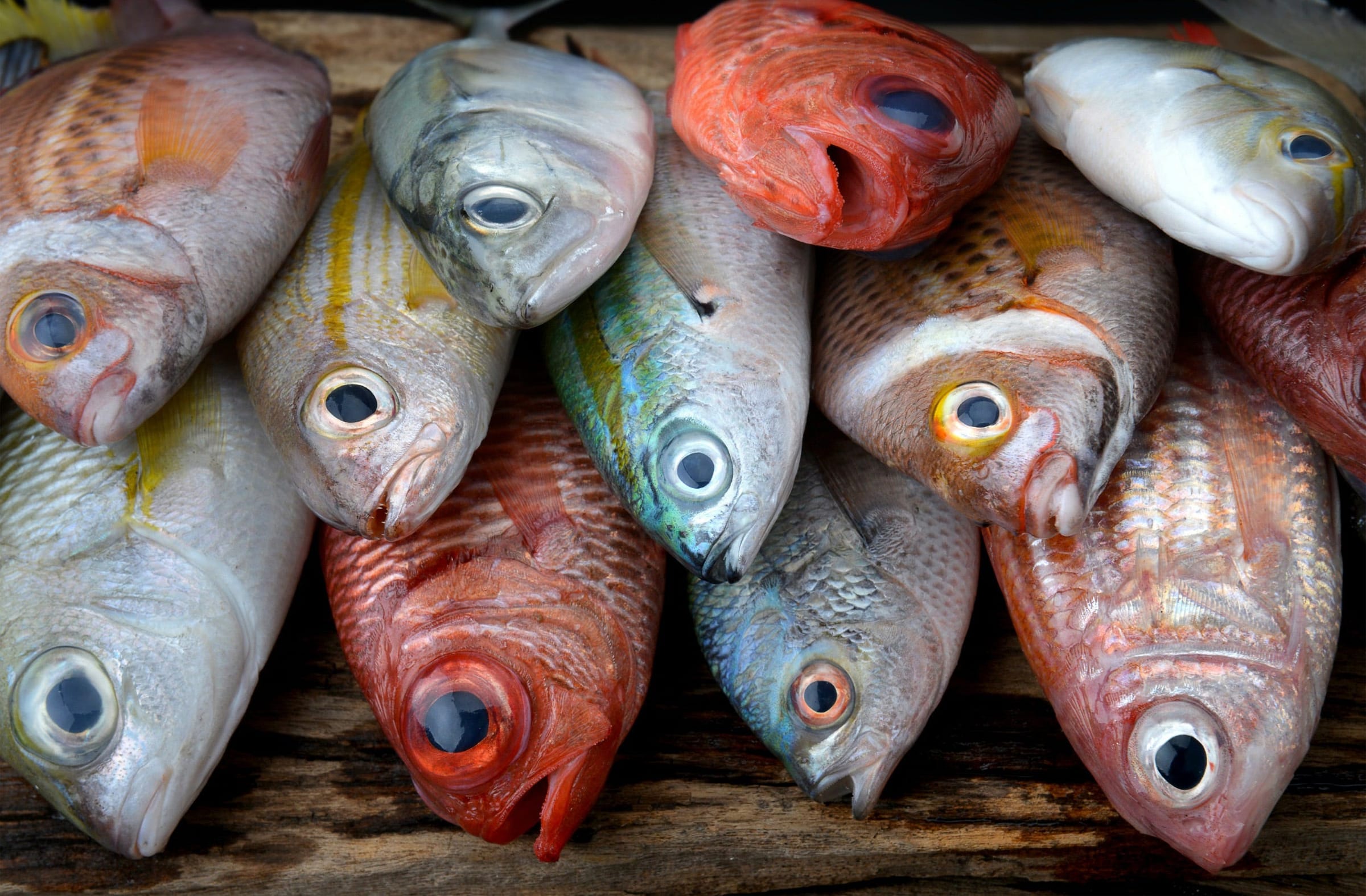I wasn't planning on writing another article about the tensions between the two neighbours within little over a week. But just when I thought the situation was going to wind down, that the posturing and the tension imposed by Putrajaya were fizzling out a bit, it then decided to strike with an even more dumbfounding move.
Fish...
I imagined that last week's announcement of a limit on the export of eggs was ludicrous enough that it needed no commentary. It seems, however, that Malaysian leadership genuinely thinks that using food as a tool in international relations is a good way to flex muscles and somehow force opponents to submit to your whims.
Well, the reality is actually quite the opposite.
Malaysia is not proving to be strong - it's proving to be unreliable. And untrustworthy.
Pettiness is not a sign of strength but weakness. Malaysians can try to conjure any number of excuses that supposedly led them to take these steps, but they just don't sound believable. Monsoons are a regular, seasonal matter - why, all of a sudden, should they elevate the prices so high as to warrant a ban on exports?
Business relations are built on trust. If a supplier arbitrarily decides one day he is not going to deliver, then he is just showing a complete lack of respect for the customer. Who's going to continue such a relationship?
Export restrictions may be temporary but the loss of trust will be permanent.
The consequences of these actions will reverberate across all other areas. It's fish and eggs today - tomorrow, it may be something else. Decisions seemingly isolated to selected products damage trust across the board.
Since Singapore cannot rely on Malaysia to keep its side of the bargain, it will look for other partners - or improve its means of self-sufficiency. And the next time Malaysians come to the city-state to sell something, they will be shown the door because somebody else will have taken their place.
Immunization through low dose exposure
Malaysia is not strong enough to seriously injure Singapore, invade or starve it. As a result, all it can do is occasionally try to make life difficult for it. Every now and then, it creates little crises for the city-state, which forces it to adapt, find a solution and be better prepared next time.
We happen to know that this follows the patterns of natural immunization. By exposure to pathogens in non-lethal doses, the organism acquires immunity to the disease.
While it causes short-term problems, it creates long-term resilience. In other words - each and every time Malaysian politicians take a jab at Singapore, it becomes stronger in the areas under attack:
1. Defense
Persistent threat from potentially hostile neighbours has already made Singapore the best-equipped and likely the best-trained military in the region.
2. Resource Security
Broken negotiations over the two water deals in 2002 pushed Singapore to invest more in developing self-sufficiency through advanced water collection, desalination and reclamation. Not only will the city be able to satisfy all of its water needs by the time the last agreement with Malaysia expires in 2061, but it will also become one of the global leaders in advancing technological solutions that allow it.
It's also one of the world's major trade hubs as well as an oil refining center, able to import just about anything it needs from all corners of the planet.
3. Food & Agriculture
Imports cover about 90% of its food needs - with several categories like vegetables, fruits, eggs, and poultry - dominated by Malaysia. Hostile sentiments in Putrajaya are only going to motivate Singapore to look for new partners as well as push the envelope on the latest agricultural technologies like indoor farming.
In fact, the largest such farm was opened in Singapore earlier this year and, surely, the unpredictable behaviour across the border will be a boon for future investments. Investments, it need to be added, which later turn into valuable solutions and products that local companies will be able to offer all over the world.
4. National Identity
Last but not least, these deeply unfair hostilities also help to bolster patriotic sentiments and the national identity, giving its government a stronger mandate from the people (which is especially important given the diversity of the population).
Pushed to the (cutting) edge
Singapore would be perfectly fine drawing water from Johor for another 1000 years as well as importing food and other resources which the bigger neighbour has to offer in abundance. It's a logical, mutually beneficial arrangement that even Lee Kuan Yew pursued and hoped for. Instead, something different has happened. Something... better (for Singapore, at least).
"Pressure makes diamonds." / George S. Patton
Adversities, often created by its neighbours, forced it always to be one step ahead of the pack, to do things others have not - in politics, economic management, trade, social engineering, science & technology and more.
The result is a city - and a country - quite unlike any other in the world.
Constant challenges have spared Singapore the greatest peril of the developed world - complacency.
It is quite likely that if regional relations had been peachy all these years, the island state would have rested on its laurels - wealthy, fed and safe - much like it has happened in Europe, North America or Japan. But constant reminders of its exposure and fragility serve as impulses for endless improvement. They keep the government - and the society - on their toes.
Perhaps it's one of the reasons why, the last time Mahathir was around, the economy of the Lion City had grown about twice as fast as Malaysia's. If that's anything to go by, then the future with Dr. M in charge looks great.
For Singapore.





